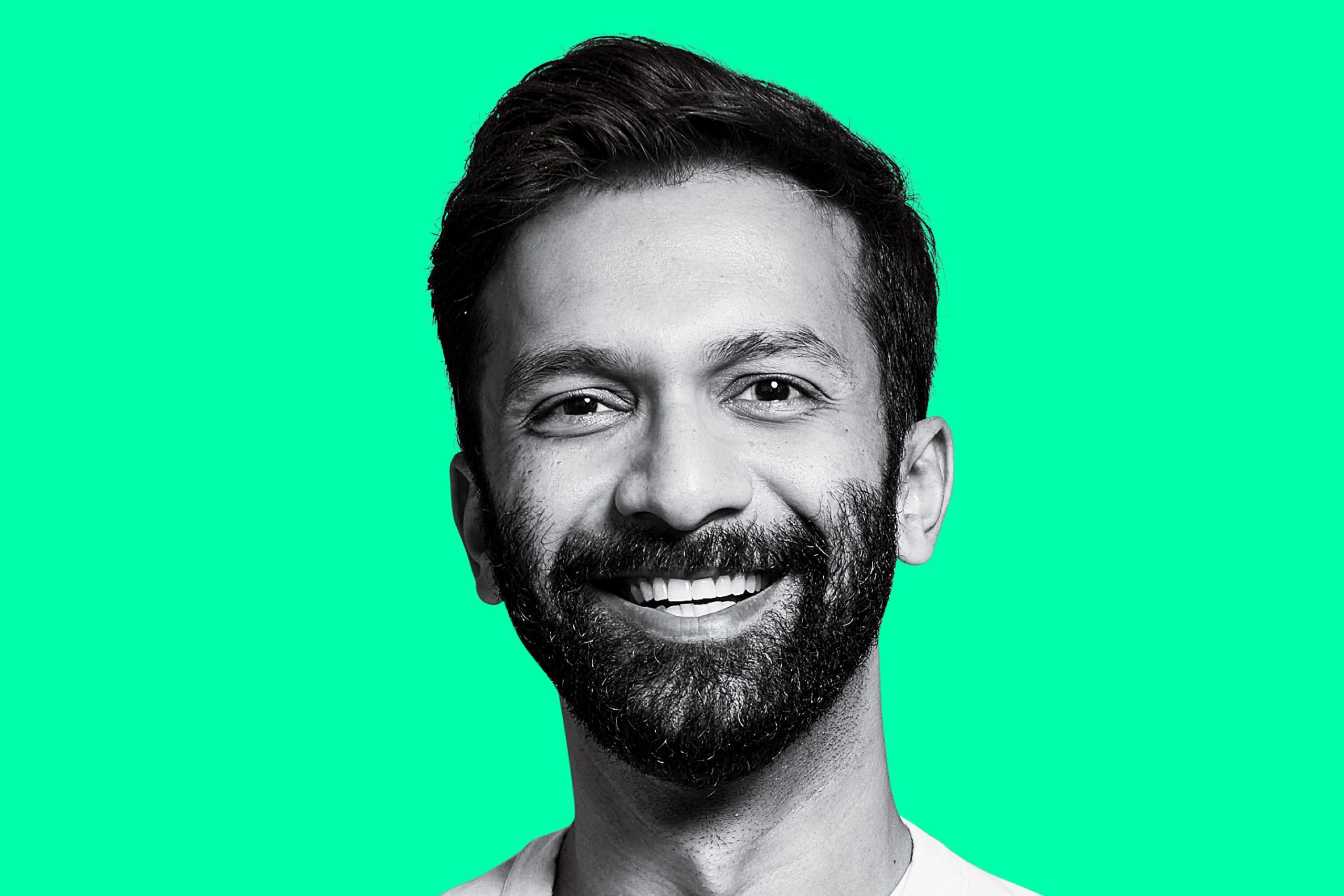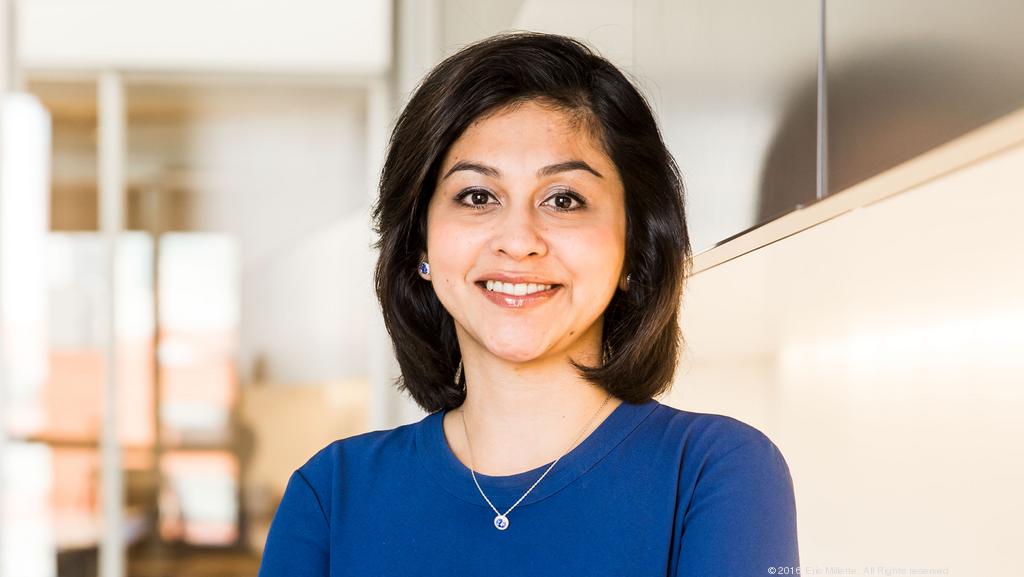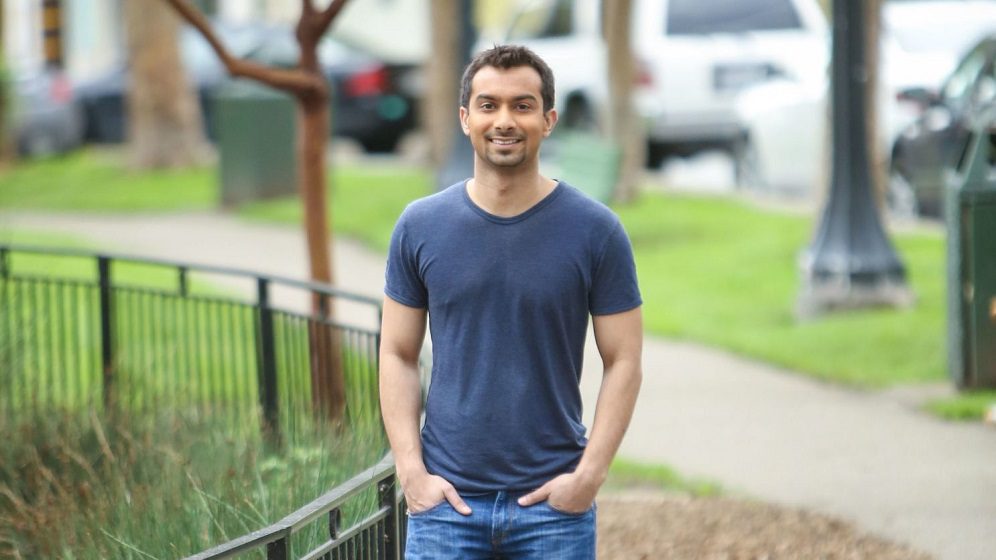(September 29, 2021) When the Clubhouse app released in April 2020 it made waves across the globe. The social audio app encouraged users to communicate in audio chat rooms that could accommodate groups of thousands of people. The invitation-only social media app gained traction early on in the pandemic when people realized the need for human interaction like never before. The app made audio chic and became the go-to platform for the world’s celebrities and billionaires to engage with a global audience. Some of the app’s most noted users include the likes of Elon Musk and Mark Zuckerberg. Within a year of raising funding, Clubhouse went on to become a unicorn… and the man behind it all is the Indian-American entrepreneur Rohan Seth, who co-founded the company along with Paul Davidson.
Incidentally, Seth had faced a string of failures before he decided to give it one last shot with Clubhouse. The app clicked and today, Seth has been propelled into the big league. He’s one of the few Indian Americans helming one of Silicon Valley’s most successful startups. According to Fortune, Seth has been going nonstop since early 2020 when the coronavirus pandemic forced people to stay home and the Clubhouse service exploded in popularity. His work has gotten him noticed, and this 37-year-old Global Indian also featured in Fortune’s 40 Under 40 list.
Our first launch video, and it's so… us 🙂
p.s. michelle is tired. help her out by visiting https://t.co/MgIsAI39L0. https://t.co/zTuNzbQa4M— Rohan Seth (@rohanseth) July 14, 2021
Indian roots
Born in Patna, Seth grew up in Delhi where he did his schooling. In 2002, at the age of 18, he moved to the US to do his Bachelor’s in Computer Science from Stanford University following which, he also obtained his Masters in Management Science and Engineering from the same university. As an intern at Stanford, Seth designed and built a video bookmarking tool to support distance learning and offline class interaction for Stanford Online. Using this tool, students could bookmark sections of the class video, add their notes and share them with other students or their instructor.

Upon graduating from Stanford in 2006, Seth bagged his first job with Google where he was an early member of its mobile team, working on its Location product and testing concepts like Google Latitude, nearby friend alerts, and location-enabled chat status. His work at Google also included voice access to email and calendar, which probably laid the foundation for the voice-led Clubhouse. Nearly six years after he joined Google, he quit the company to plunge into entrepreneurship and launched Memry Labs in 2014. The corporate world wasn’t for him in the long run. “I have always been one of those people who really enjoyed building things,” he told The Vertical in an interview.
Memry Labs, a social communication platform was later acquired by Opendoor, where Seth led product growth for over two years, before finally launching Clubhouse with Davidson, whom he had met through a mutual friend in 2011. While Clubhouse was a hit, according to Business Insider, Seth and Davidson had at least nine failed apps between them, including Talkshow, their first collaboration and Clubhouse’s predecessor. What made Clubhouse click was the fact that it brought access to free speech and made global power figures more accessible to audiences.
Clubhouse also launched its Creator First accelerator program which helps aspiring creators monetize their shows. The app’s resounding success prompted other platforms to launch their own audio apps, such as Twitter’s Spaces and Spotify’s Greenroom.
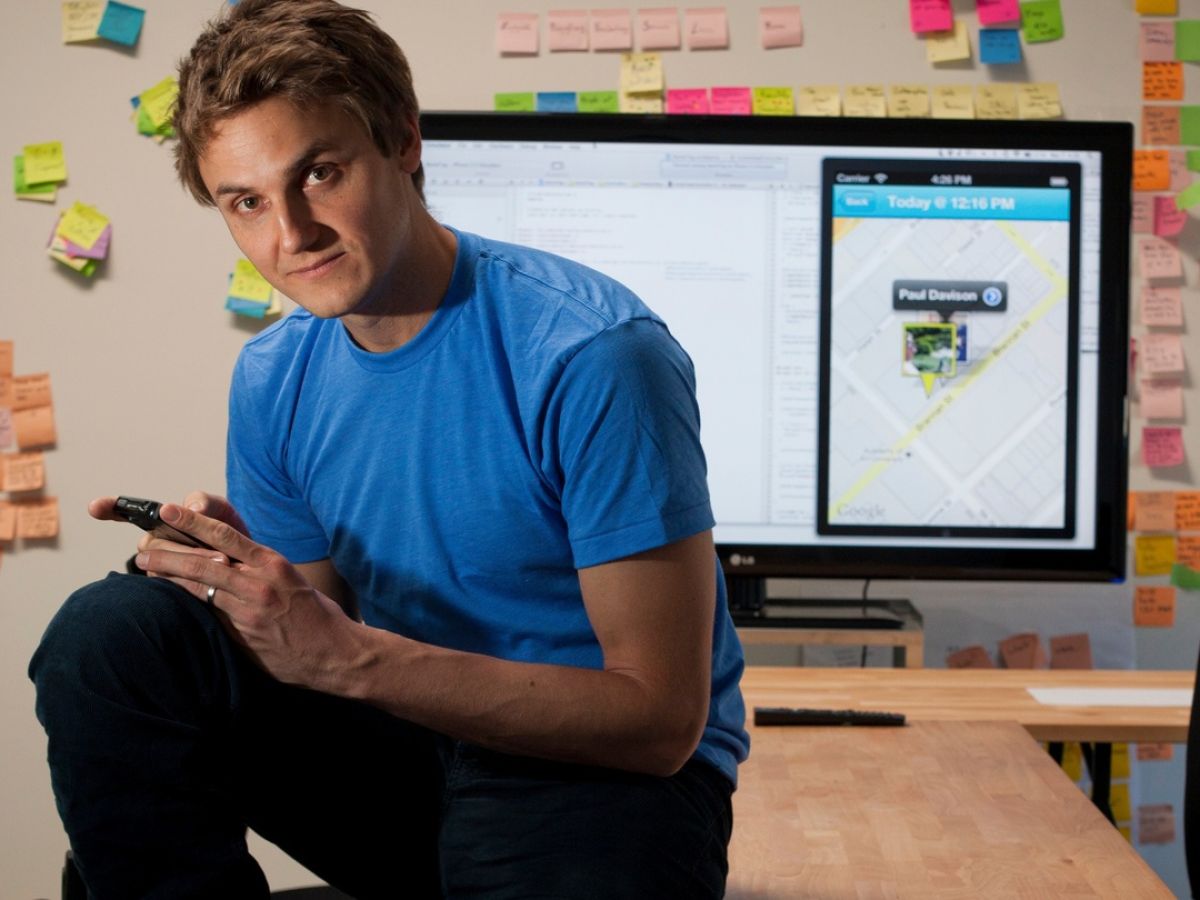
Rohan Seth co-founded Clubhouse with Paul Davidson
Initially an iOS-only app, Clubhouse soon launched on Android as well and more than one million Indians downloaded it from Google Play. Interestingly, in India Clubhouse rooms include prayer recital groups as well as rooms dedicated to playing Antakshari.
Giving Back
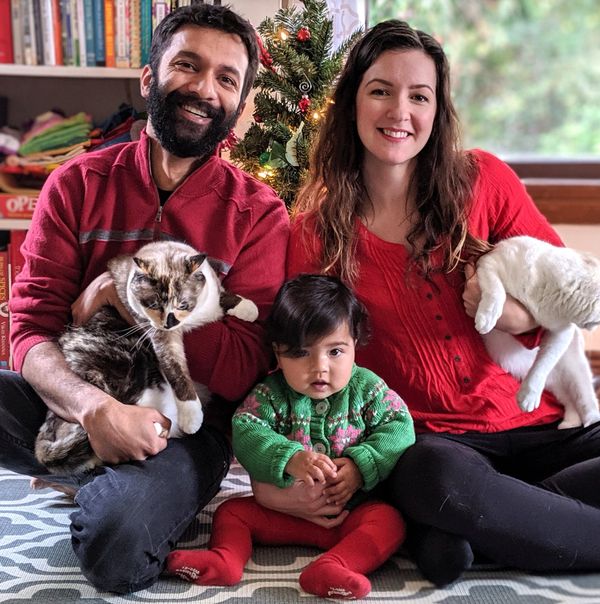
Seth met his wife Jennifer Fernquist, a Canadian national, when he was at Google. The couple welcomed their daughter Lydia in 2019; Lydia was born with a rare genetic mutation called KCNQ2 that causes severe mental and physical impairments. On his Medium page Seth writes, “We were told her disease was too rare, and there was no treatment, but neither is true.” Since, Lydia has been undergoing gene-silencing treatments and Seth is now determined to fight to give her and children like her a shot at a brighter future. Seth and his wife founded Lydian Accelerator, a non-profit group, to design customized treatments for children with genetic disorders. The Accelerator’s goal is to find medical treatments that traditional pharm giants may overlook because of their rarity. Taking cues from the tech industry, Seth aims to open-source and make free genetic data, processes and protocols that are required to develop game-changing personalized treatments for children with gene mutations like Lydia.
